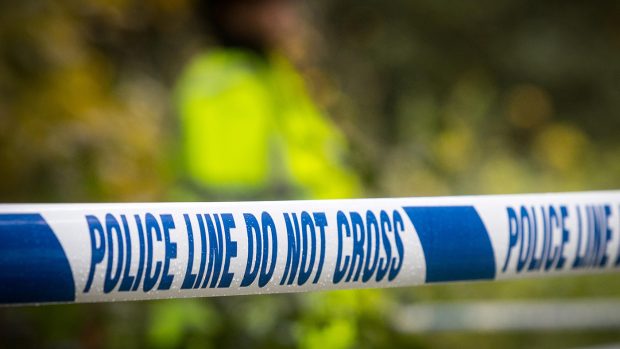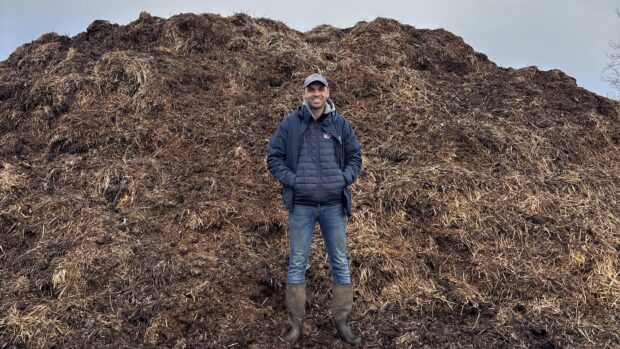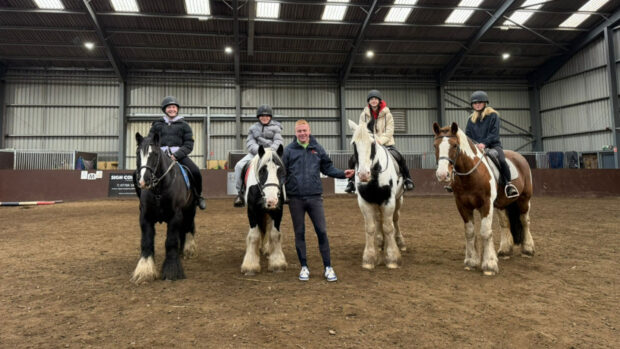The Cleveland Bay Horse Society (CBHS) is so concerned over the future of the breed that it has launched an appeal to encourage owners to breed more pure breds. The CBHS will also work on a Rare Breeds Survival Trust’s (RBST) new initiative to help secure the survival of these horses.
“We do not face the future with optimism,” said Charles Medforth, president of the Cleveland Bay Horse Society. “I would like to see every member with a mare trying to breed a pure-bred foal.”
Worldwide, there are only 400 pure-bred mares of breeding age but over half of these have never bred a pure Cleveland Bay foal, so the society has decided to target pure-bred mare owners in its latest campaign.
To encourage the breeding and registering of pure-bred foals the CBHS, in conjunction with the Horse Race Betting Levy Board, has increased the premium for each pure-bred foal registered to £200.
And, from this year, the Rare Breeds Survival Trust (RBST) will be collecting and freezing semen from a carefully selected cross section of Cleveland Bay stallions to assist with the survival and growth of the breed.
The RBST National ReGENEration Appeal was set up in direct response to the Foot & Mouth outbreak. Although horses and ponies were not susceptible to the disease, the devastating effects of the 2001 crisis highlighted the need for adequate reserves of genetic material for all species and breeds listed by the RBST.
The 10-year programme will see the Cleveland Bay Breed Society working in conjunction with RBST to ensure that stallions submitted represent the broadest genetic diversity in the live population.
“We are delighted to be working withthe RBST and feel very fortunate to have their technical expertise to help us with the survival of the breed,” said Charles Medforth.
The Cleveland Bay is now on the Rare Breeds Survival Trust’s ‘critical’ list — in 2001 just 39 foals were registered with only 14 of these being fillies.
Prior to the year 2000, numbers had been approaching nearly 80 a year but the sudden decline has been a major cause for concern. Registrations for 2002 were also well below the average, although some of this may be attributable to FMD when mares were not able to travel to stallions.
Owners will be asked to make their stallions available to the RBST on a no cost basis and the semen collected will be divided into three different portions:
- 55% will go into a national archive stored by the RBST
- 30% will be stored for use in conservation breeding programmes
- 15% will be stored by the RBST but will still belong to the owner of the stallion
Formore information on the Cleveland Bay contact the society (tel: 01904 489731) or visit www.clevelandbay.com
For more information on the RBST’s National ReGENEration Appeal visit: www.rare-breeds.com



